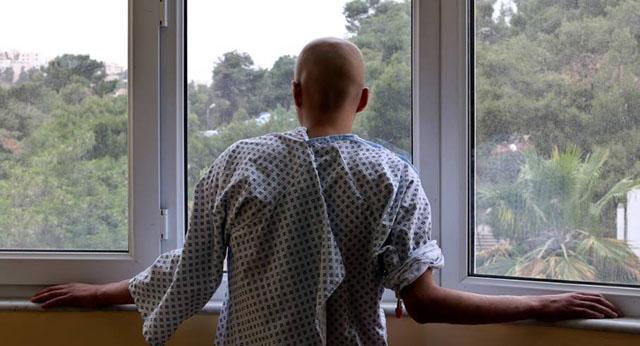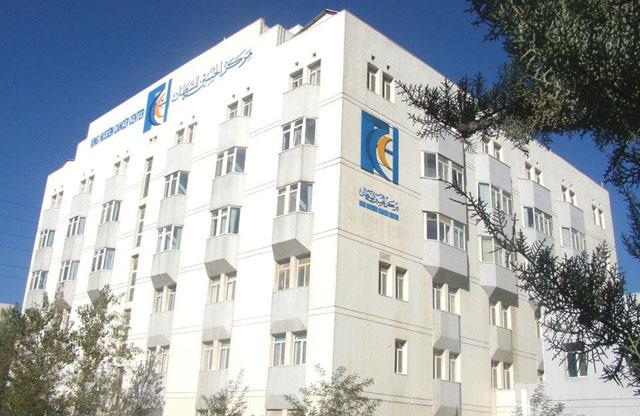You are here
‘Cancer second most common cause of death in Jordan’
By Khetam Malkawi - Mar 14,2015 - Last updated at Mar 14,2015

AMMAN — Cancer is the second leading cause of death in Jordan after cardiovascular diseases, and the disease’s mortality and morbidity are expected to increase as the young population ages with longer life expectancy, according to Asem Mansour, the director of the King Hussein Cancer Centre (KHCC).
Mansour said cancer care in Jordan is focused on treatment, with less effort directed towards other elements.
“Jordan does not have a national cancer control plan... despite several initiatives,” Mansour told The Jordan Times in a recent interview.
The number of new cancer cases diagnosed among Jordanians has increased by around 44 per cent in one decade, from 3,362 cases in 2000 to 4,849 in 2010, according to Mansour.
The increase in the number of cancer patients places more pressure on the KHCC, which is currently implementing an expansion project, he said.
According to figures Mansour cited, bed occupancy at the centre was 85 per cent in 2014 and 8,036 cancer patients were admitted. The number of patients examined in the emergency room was 23,757, while 3,608 surgeries were conducted that year.
Of the total patients, 30 per cent are Arabs, according to the director of KHCC.
Two of the expansion project’s four stages have been completed and almost one-third of work in the third stage has been completed, he said, adding that the facility is expected to be ready by mid 2016.
The expansion, which consists of an outpatient building and an inpatient tower, will facilitate a quantitative and qualitative increase in services to cancer patients, Mansour noted.
The new JD130 million building will include six operating rooms, increasing the total number at the KHCC to 12.
The King Hussein Cancer Foundation and the KHCC were established in 1997, as a stand-alone independent non-governmental, not-for-profit institution founded by a Royal decree to combat cancer in Jordan and the region.
The foundation signed a cooperative agreement with the National Cancer Institute of the United States and has been working to transform the KHCC into a comprehensive centre for cancer care, training and education as well as research.
The KHCC gained accreditation by the US-based Joint Commission International in 2006 and as an oncology centre in 2008. It is equipped to treat all types of adult and paediatric cancers.
Currently, the KHCC treats around 60 per cent of cancer cases in Jordan in addition to patients from neighbouring countries, according to official figures.
The major cancer treatment modalities (surgery, radiation, chemotherapy) are generally available and most services are concentrated in the capital Amman, in addition to the King Abdullah I University Hospital in the north.
One of the major challenges facing the KHCC is the brain drain, with the turnover rate at the centre ranging from 20 per cent to 22 per cent among nurses, and 15 per cent among doctors, Mansour indicated.
Thus, he noted, the centre is trying to increase staff salaries to maintain employees, as most of them receive better wages abroad, especially in the Gulf states.
Related Articles
The King Hussein Cancer Centre’s (KHCC) new expansion will feature new technologies and more facilities in cancer treatment to meet the rising demands on treatment centres in Jordan and the region, according to the centre’s director general, Asem Mansour.
AMMAN — HRH Crown Prince Hussein, the Regent, on Tuesday visited the King Hussein Cancer Centre (KHCC).Crown Prince Hussein toured the KHCC’
AMMAN — An independent international committee will soon launch a study to determine the cost of cancer care in Jordan and come up with reco













